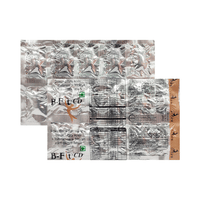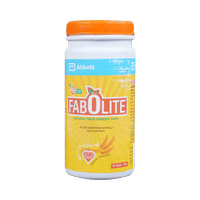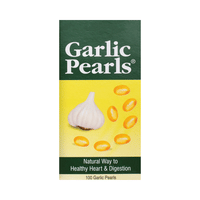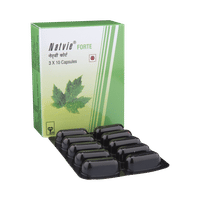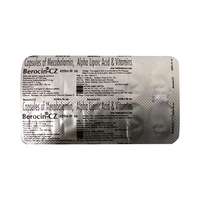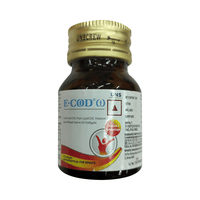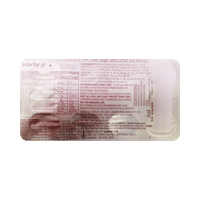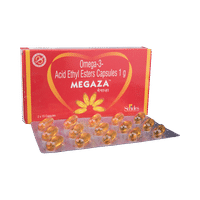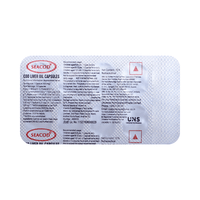food interaction for Atropine Sulphate Injection
alcohol interaction for Atropine Sulphate Injection
pregnancy interaction for Atropine Sulphate Injection
lactation interaction for Atropine Sulphate Injection
food
alcohol
pregnancy
lactation
No interaction found/established
Do not drink alcohol while you are taking this medicine. Atropine Sulphate Injection may cause excessive drowsiness when taken with alcohol.
UNSAFE
Atropine Sulphate Injection is not recommended during pregnancy as there is positive evidence of fetal risk based on animal studies. However, it may still be prescribed by a doctor in situations where the benefits outweigh the risks.
CONSULT YOUR DOCTOR
Available human data suggest that the drug does not pass into breast milk in clinically significant amounts and is unlikely to harm the infant.
Milk secretion may decrease.
Milk secretion may decrease.
SAFE IF PRESCRIBED
SALT INFORMATION FOR Atropine Sulphate 0.6mg Injection
Atropine(0.6mg)
Atropine sulphate injection uses
{med_name} is used in the treatment of bradycardia.
How atropine sulphate injection works
Atropine Sulphate Injection is an anticholinergic medication. It works by blocking the activity of a chemical messenger (acetylcholine). This helps dry up secretions (saliva, sweat, etc.) from glands before surgery, increases a low heart rate and decreases intestinal contractions (spasms). It also works as an antidote in certain types of poisoning and reverses the side effects of certain muscle relaxing medicines.
Common side effects of atropine sulphate injection
Injection site pain, Dryness in mouth, Difficulty in urination, Constipation, Blurred vision, Dry skin, Slow heart rate, Photophobia, Dilatation of pupil, Loss of accommodation, Fever, Confusion, Eyelid swelling, Tachycardia, Reduced sweating, Heat intolerance, Skin rash, Dizziness, Skin flushing, Restlessness, Tremors, Fatigue, Eye pain, Stinging in the eyes, Superficial keratitis, Decreased lacrimation, Papillary conjunctivitis, Contact dermatitis, Local reaction, Hypotension (low blood pressure), Respiratory depression, Hallucination, Abnormality of voluntary movements, Speech disorder, Hyperactivity, Seizure
SUBSTITUTES FOR Atropine Sulphate Injection
16 Substitutes
16 Substitutes
Sorted By
 Rs. 7.18pay 563% more per ml of Injection
Rs. 7.18pay 563% more per ml of Injection Rs. 40pay 277% more per Injection
Rs. 40pay 277% more per Injection Rs. 4.45pay 323% more per ml of Injection
Rs. 4.45pay 323% more per ml of Injection Rs. 1.55pay 44% more per ml of Injection
Rs. 1.55pay 44% more per ml of Injection Rs. 4.41pay 265% more per ml of Injection
Rs. 4.41pay 265% more per ml of Injection
Expert advice FOR Atropine Sulphate Injection
- It is given into the veins or muscles under the supervision of a doctor.
- It may cause blurred vision. Do not drive or do anything that requires mental focus until you know how this medicine affects you.
- Avoid taking Atropine if you have urinary retention, high blood pressure, any heart problems or high thyroid hormone level.
- Inform your doctor if you notice a skin rash, swelling of the face, or tongue and trouble breathing.
- Inform your doctor if you are pregnant, planning pregnancy, or breastfeeding.
Frequently asked questions FOR Atropine Sulphate 0.6mg Injection
Atropine
Q. What is Atropine Sulphate Injection used for in an emergency?
Atropine Sulphate Injection is used in emergency situations when the heart beats too slowly, as an antidote to insecticide or mushroom poisoning. It can be used as part of the premedication before general anesthesia. It is also used in combination with other drugs to reverse the effect of muscle relaxants used during surgery.
Q. Who should not take Atropine Sulphate Injection?
Inform your doctor if you have high blood pressure, lung disease, stomach ulcers, liver problems, and thyroid disorders before taking this medicine.
Q. Where is Atropine Sulphate Injection injected?
This medicine is injected into a muscle, under the skin, or as an infusion into a vein. A healthcare provider will give you this injection in a hospital setting only.













